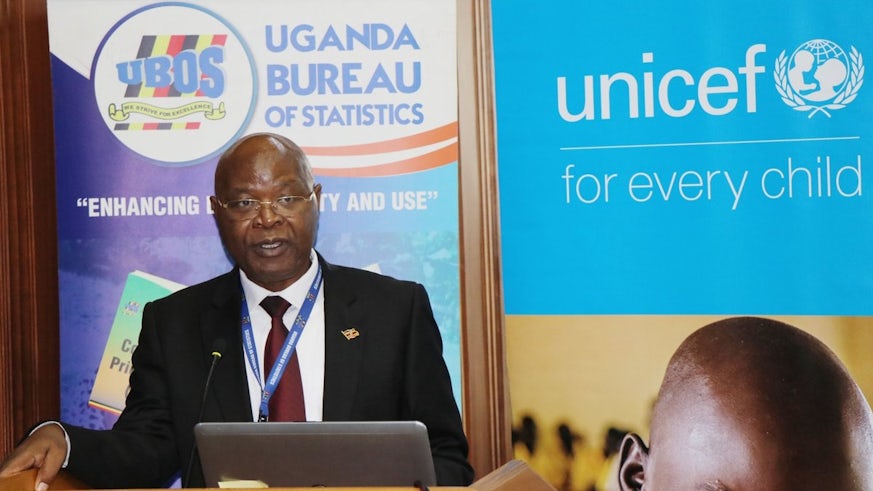50% of Ugandan children do not have three meals a day
15 October 2019

A report documenting levels of child poverty and deprivation in Uganda was recently launched in Kampala. Using data from the Uganda National Household Survey 2016/17, the report shows the extent and nature of multidimensional poverty among children in Uganda.
Over half (56%) of Uganda’s children were found to be deprived of four or more ‘socially perceived necessities’, either lacking items or not being able to participate in activities which most Ugandans believe are necessary for children to have an acceptable standard of living. This included, among other things, having three meals a day, being able to visit a health facility when ill and afford prescribed medication, and owning at least two pairs of properly fitting shoes.
Rural children were especially badly off, as were children in the north and west of the country. The report shows that 1 in 2 children do not get three meals a day, three-quarters do not have their own bed, and nearly a third do not have soap and toiletries they need to keep themselves clean.

When examining education needs, the report found that 43% of all children were unable to read or write, with the figure as high as 84% in some regions. Of those children identified as being multidimensionally poor, 73% could not afford school uniforms and 89% lacked education toys or games or somewhere to study in their homes.
The report is the result of a collaboration between the Uganda Bureau of Statistics (UBoS), Cardiff University, UNICEF Uganda, the Bristol Poverty Institute and the Economic Policy Research Centre.
Dr Shailen Nandy of Cardiff University, one of the co-authors the report noted: “This work with UBoS, UNICEF Uganda and others, shows that far too many children continue to experience severe deprivation of their most basic needs; these deprivations are infringements of their economic and social rights, set out clearly in the Ugandan Constitution. The use of an innovative methodology, the Consensual Approach, has resulted in a democratic definition and measure of poverty, about which policy makers should be aware. This report sets out results from the largest ever single country study to use the Consensual Approach, and demonstrates how Uganda is leading the way in using new methods to assess and address multidimensional poverty”.
Dr Pomati, also one of the co-authors, noted: "Given the current commitment to the Sustainable Development Goals poverty targets, we argue that attention should be placed on how consensus can be achieved about the legitimacy of poverty indicators, rather than focusing solely on combining these into a single headline figure."
Share this story
The School is an internationally recognised centre of high quality teaching and research.





